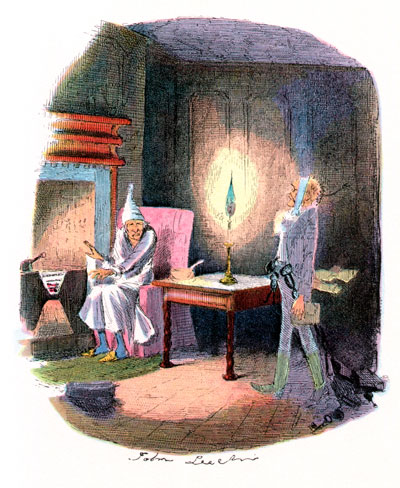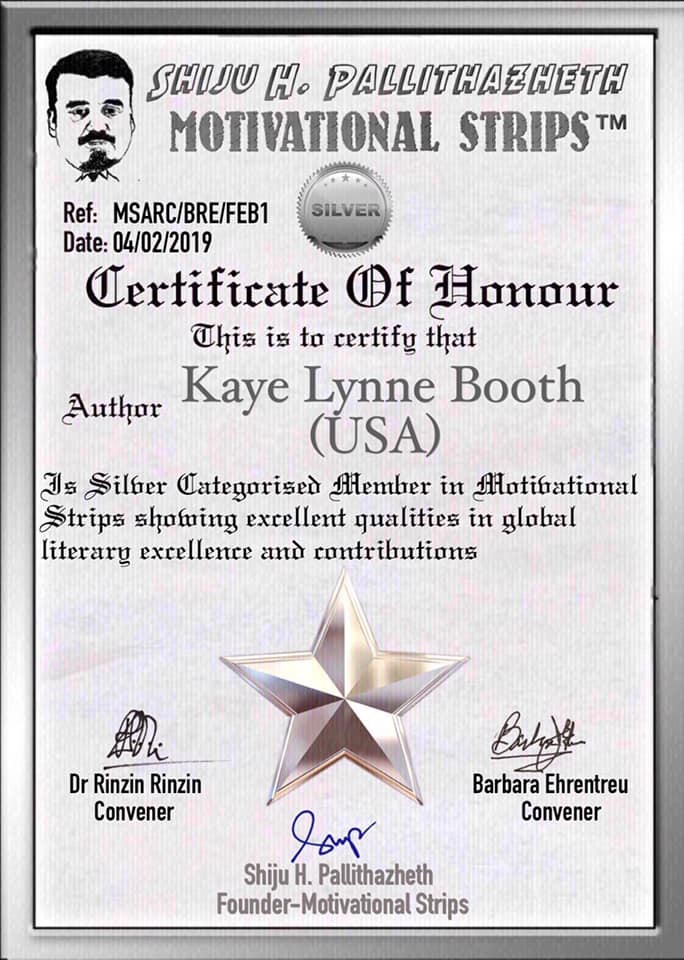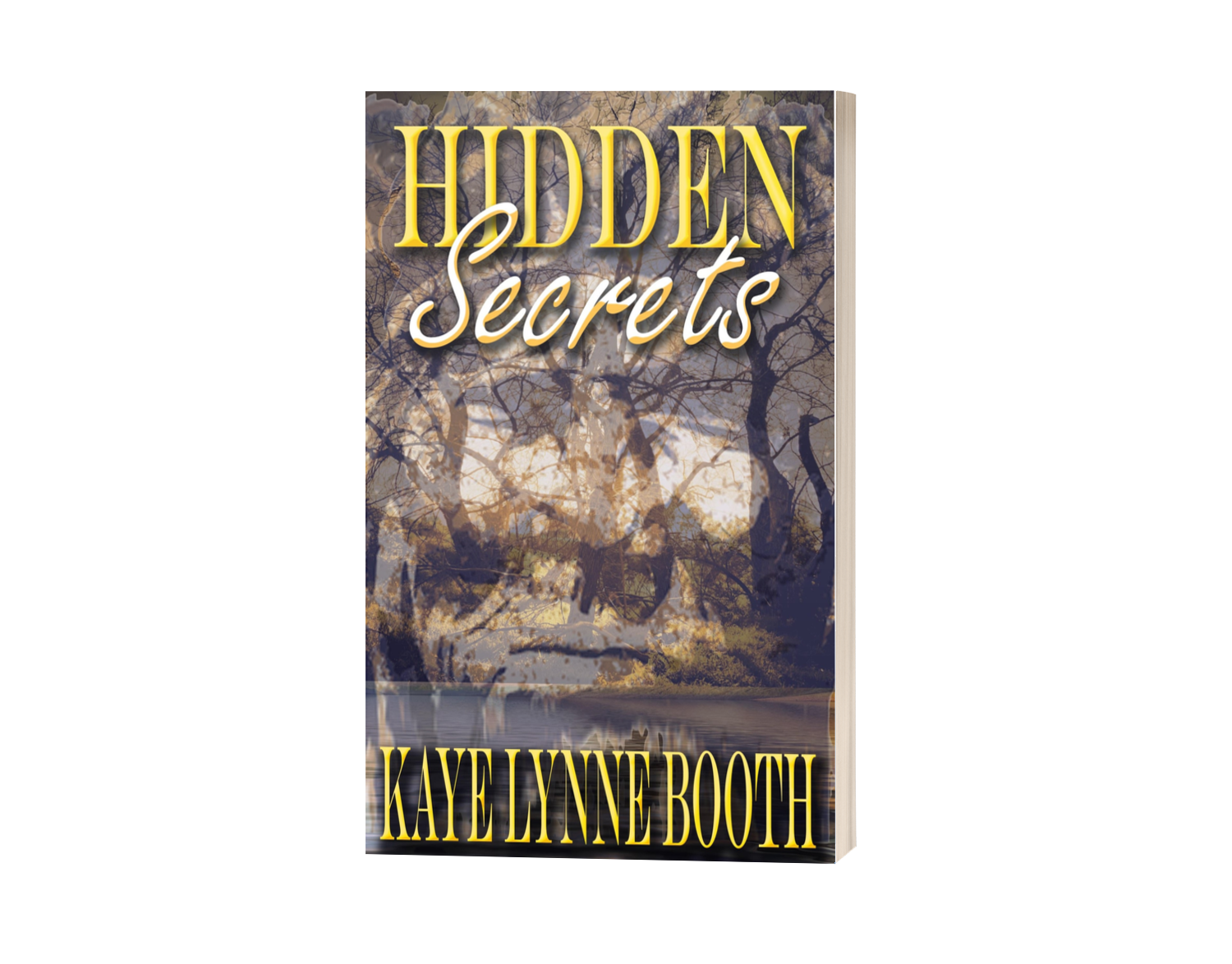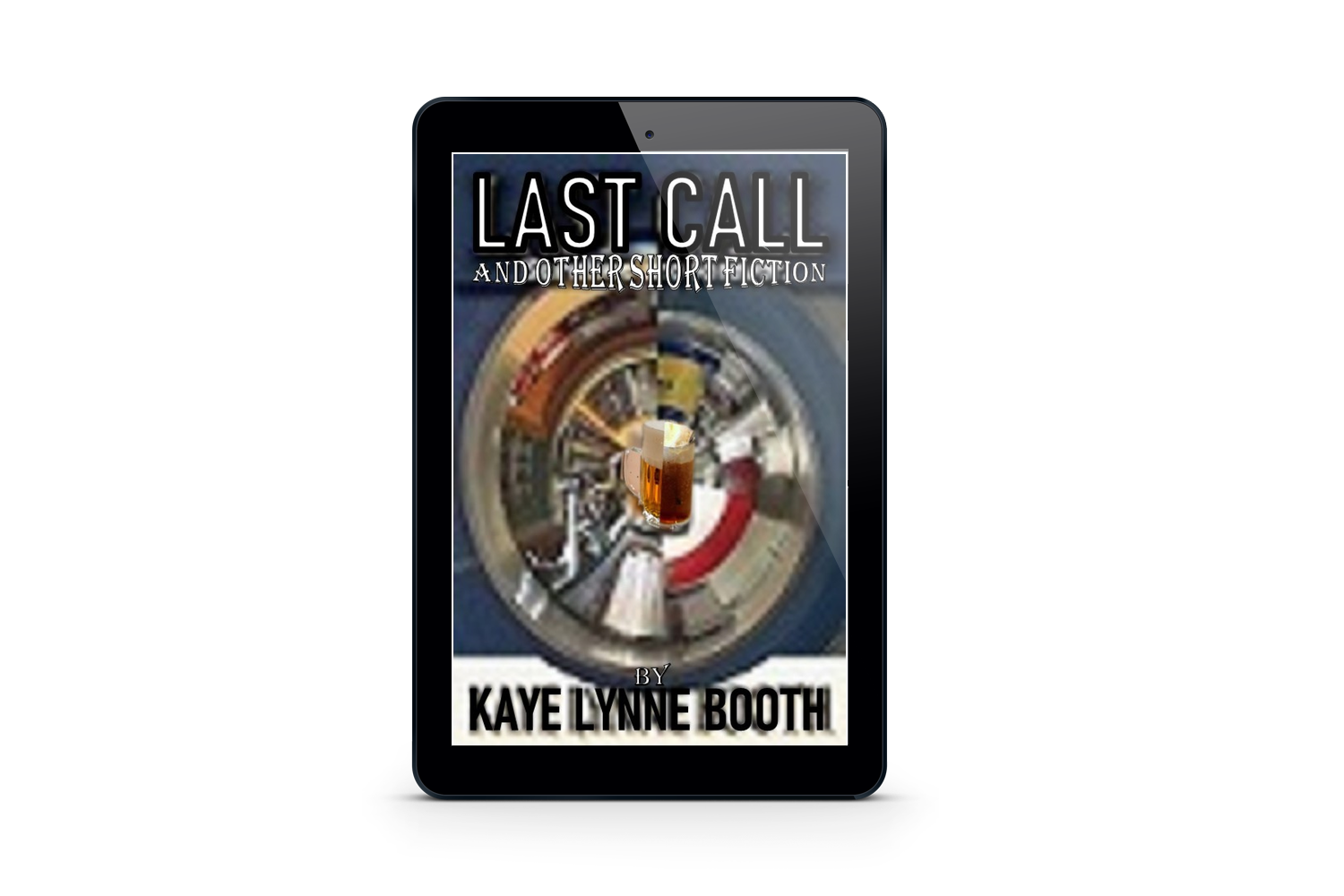Dark Origins – A Christmas Carol by Charles Dickens
Posted: December 22, 2021 Filed under: Classics, Dark Origins, Fiction, Historical Inspiration | Tags: A Christmas Carol, Charles Dickens, Classic Literature, Dark Origins, Robbie Cheadle, Writing to be Read 35 Comments
In the spring of 1843, Charles Dickens read a government report on child labour in the United Kingdom. The report, compiled by a journalist friend of Charles Dickens, comprised of a series of interviews with working children. It detailed the long hours, crushing work, and poor conditions suffered by these children.
The new and heartless attitude towards child labour was a result of three things:
- an increase in the population by 64% in 30 years;
- workers leaving the countryside and crowding to the cities in search of work; and
- the demise of cottage industries and there replacement with mundane and menial labour in factories.
Employers thought of the workers as commodities whose labour was measured purely on output and productivity.
There was a lot of controversy among the wealthy classes and the clergy as to whether assistance should be extended to the poor. A lot of people were of the opinion that people were poor due to their own laziness and malingering and that giving help would exacerbate these tendencies.
The work houses of the day split up families, provided minimal food, and extracted hard labour from its occupants, including children, in an effort to discourage the poor from seeking help.
I am reminded at this point of the song Food, Glorious Food from the musical Oliver based on the book by Charles Dickens:
Rev. Thomas Malthus advocated letting the poor go hungry to decrease the population. His view was that it was better to let the poor starve to “decrease the surplus population”.
Charles Dickens’ response was to write the novella, A Christmas Carol, which eloquently expressed his views on employer responsibilities towards workers.
If you don’t know the story of A Christmas Carol, this is a very brief overview:
The story opens with Ebenezer Scrooge sitting in his counting house on Christmas Eve. His clerk, Bob Cratchit, is sitting shivering in the anteroom because Scrooge won’t spend any money on heating. He turns down his nephew, Fred’s, invitation to a Christmas party and chases away two men collecting money for charity. At the end of the day, he returns to his cold, dark home.
After Scrooge has retired for the night, he is visited by the ghost of his dead partner, Jacob Marley. Marley is weighed down by heavy chains and is destined to make his way through the afterlife dragging them after him because of his mean-spirited and selfish life.

Marley tells Scrooge that he will be visited by three ghosts that night, the ghosts of Christmas Past, Present, and Future. The ghosts show Scrooge where he made mistakes in his past life due to choosing money over love and life, how his clerk and the Cratchit family are suffering because of his present day meanness, and show him a lonely future death. Scrooge is offered, and takes, an opportunity to change his ways and find redemption.
If you are interested in listening to A Christmas Carol beautifully read by Stephen Humphreys, you will find the links on Rebecca Budd’s blog: Clanmother: https://clanmother.com/2021/12/07/stephen-humphreys-reads-a-christmas-carol/
Wishing you all a Merry Christmas if you celebrate or Happy Holidays.
Although I cannot compare my take on Victorian child labour to Charles Dickens’ brilliant works, I have written several times about this and I thought I would share this short extract from my book, Through the Nethergate, about a serving girl in a tavern in Bungay in 1589.
“The rich, amber fluid flowed into the waiting tankard, in striking contrast to the damp, darkness of the barrel filled cellar.
The small, frail girl stood with the tankard in her trembling hand. She was hungry, thirsty and cold. She hadn’t had anything to eat or drink since last night’s frugal supper of leftovers in the Inn’s kitchen. A wave of dizziness washed over her as she contemplated the drink. Its golden depths seemed to entrance her as she lifted it to her lips.
At least the kitchen was warm, she thought, remembering the delicious heat of the enormous, roaring fireplace. The kitchen was a much better place to steal a moment of rest than this freezing cold
cellar, in the bowels of the building.
The strong, rich taste of the ale brought a smile to the girl’s pale face. She greedily drained the tankard, closing her eyes and allowing a feeling of well-being to permeate through her skinny, undernourished body. The girl, called Lizzie, worked as a servant at the pub and she was twelve years old.
She knew she should be grateful for the job, but it was hard to forgive the heavy-handed punishments metered out to her by Will, the owner of the establishment.
A rough hand grasped her shoulder, its thick fingers digging viciously into her flesh.
“What have you done?” the loud, grating voice of Will blasted through her euphoria.
Lizzie jerked with fear and the tankard fell from her fingers, clattering to the stone floor before rolling away.
She looked up into piggy eyes staring out of a fat and well-fed face. Will’s usually florid complexion looked even ruddier and coarser than usual.
“Why, you little thief,” continued Will. “You know what we do with thieves in this Inn.”
A short while later, Lizzie found herself chained to the wall of the cellar. Her pleas and cries for mercy had fallen on deaf ears as Will, filled with righteousness and piety at her ungodly action, attached the manacles to her wrists and ankles.”
__________________________________________________________________________________________________________
Want to be sure not to miss any of Robbie’s “Dark Origins” segments? Subscribe to Writing to be Read for e-mail notifications whenever new content is posted or follow WtbR on WordPress. If you found it interesting or entertaining, please share.















[…] Dark Origins – A Christmas Carol by Charles Dickens — Writing to be Read […]
LikeLiked by 1 person
Lizzies tale of terror sounds all too familiar for those times, and while we may all think that Child slavery was a thing in the past in Dickens novels, We only have to research to see many places still use child labour.. I saw only last week an image of what appeared only to be a three year old boy heaving a brick with his brother in a brick yard .. No shoes, grubby and tear stained face… My heart went out to them..
Unfortunately there are still too many children experiencing Lizzies fate today….
A great Story for us to remember to be grateful and giving any time of the year..
Much love your way Robbie..
Happy Christmas.. ❤
LikeLiked by 3 people
Hi Sue, the fate of children in the Victorian era is something that I write about so that people don’t forget. It is true that many children live terrible lives in this world still. It seems easier to forget this when you live in a first world country where most people have reasonable lives. Here in South Africa, the poverty hits you in the face every day. Yesterday, I bought tins of food for a young woman with a baby begging on the street. This is a feature at every traffic light.
LikeLiked by 3 people
Robbie you bring home the reality of this world most do not see or even want to admit exists.. But as you say, it is a stark realisation for you in SA.
Bless you dear Robbie for your gift of generous heart… I am sure that woman was very grateful for your gift and mindfulness.. 🙏💖🙏💖
LikeLiked by 2 people
A Christmas Carol is likely my favorite Christmas story. I watch a movie version of it every year,
It’s hard to believe a reverend (Malthus) could put forth such horrid thoughts. That’s heart-breaking!
LikeLiked by 2 people
HI Mae, it’s lovely to see you. I haven’t been on-line much this week. I thought that comment was very against the message of Christ I was taught but times do change. I also like A Christmas Carol very much. Wishing you a very Merry Christmas.
LikeLiked by 2 people
amazing that Dickens could take a social issue like that and turn it into one of the most well-known stories of all time. And I think your excerpt paints quite the picture of the terrible conditions children had to work under. thankfully, things are much better than that, at least in most countries…
have a happy holiday, Robbie!
LikeLiked by 2 people
Hi Jim, Dickens certainly did his bit to expose the social ills of Victorian society. This is my second favourite Dickens, with the first being Great Expectations and the third being Oliver Twist. Merry Christmas!
LikeLiked by 2 people
he has written some great stories…
LikeLiked by 2 people
I think Dickens also avoided the “preaching” or “chiding” aspect that I’ve seen in much fiction with a strong social commentary message. Not an easy thing to pull off, but he did it admirably!
LikeLiked by 1 person
Hi Liz, you are right and, on reflection, I think its because he showed the situations so well. He never told anything in his stories but let readers draw their own conclusions from the happens and circumstances in his stories.
LikeLiked by 2 people
I agree. I think he may have done this most effectively in A Christmas Carol, perhaps because the shorter length allowed for more intensity of emotion on the part of the characters?
LikeLiked by 2 people
Hi Liz, I need to think about your comment and whether a shorter work provides a platform for greater emotional intensity.
LikeLiked by 2 people
I’ll be interested in hearing what you think, Robbie.
LikeLiked by 2 people
More than shudder worthy! You are always making us think in both your writings and your commentary, For this, I am most grateful.
LikeLiked by 1 person
HI Annette, thank you. I am glad these posts make you think. I hope you are having a wonderful Christmas day today.
LikeLiked by 1 person
A Christmas Carol is one of my favourite books, ever since my grade three teacher read it to us. Your excerpt is excellent. Robbie.
LikeLiked by 2 people
Thank you, Darlene. I enjoyed this story too, but not as much as Great Expectations. Miss Havisham just fascinated me.
LikeLiked by 2 people
Aside from metered getting past the editor (meted) nice riff. As far as editing goes, from Dickens’ own manuscript – Tiny Tim was originally Tiny Fred. Proving no one drops gold the first time around.
LikeLiked by 2 people
HI Phil, thanks for visiting. Tiny Fred doesn’t have quite the same ring to it, does it?
LikeLiked by 2 people
Nope. You can see the man looking for all the world like an ad copy writer running through the options… Tiny… Fred? Tiny… Peter? Nah…
“Charles, I’ve been talking to you for half an hour. I swear your mind must be in Timbuktu.”
Tiny… Timbktu… Tiny… Tim!! Yessss! What were you saying, deaar?
LikeLiked by 2 people
Phil, you have a great way with words. Thanks for the smile.
LikeLiked by 2 people
Wonderful post Robbie. I knew A Christmas Carol and Dickens other stories were based on real life, but to hear that the infamous comment regarding “Let them die and decrease the surplus population” was uttered a clergyman is terrible. I reread this story every year and watch the movie, but will be doing it with other eyes this year.
LikeLiked by 2 people
I was also shocked by that comment and its source, Carla. Enjoy the book an the movie.
LikeLiked by 2 people
Thank you for this post about A Christmas Carol, Robbie. I’m going to watch a movie version of this story. Child labor is a sad issue. It’s a social as well as a political issue. Even when the fortunate people try to help the children in some countries. Some resources never reach the ones who need them. In recent years, I try to give through trusted third parties.
LikeLiked by 2 people
Hi Miriam, it is the same here so I am careful with my choices of charities too. I have also been burned trying to help individuals. Luckily, I am not a person who dwells on negative happenings, I just look for a better way of getting where I want to go,
LikeLiked by 1 person
This is my favorite Christmas story that I read and watch every year. How they justified the cruelty is sad, and that thinking has carried over into modern times. The excerpt from your story showed it equally as well. I like to believe that the good side of humanity wins out in the end. Merry Christmas, Robbie!
LikeLiked by 1 person
HI Denise, I also like to think that good will conquer the less good in our world. We have made a lot of good progress in so many ways since the Victorian era and before that.
LikeLiked by 1 person
My favorite Christmas tale, but I agree, child slavery is still rampant throughout the world. It’s here, in North America, too.
LikeLiked by 2 people
Hi Mark, a sad truth among the poor and marginalised. Happy new year.
LikeLiked by 2 people
It’s amazing that the view of the poor and underpaid hasn’t changed much in over a century, at least here in the US. There’s a strong belief among US Republicans that the poor are just lazy and giving them aid will only make them lazier. “Let them die,” is the response to pleas for universal healthcare. Ugh. The Christmas Carol continues to be an important story.
LikeLiked by 2 people
Hi Diana, it is my preference to teach people to fish rather than giving them a fish, but I couldn’t stand by and watch people starve. You have to give them the fish until they learn to do for themselves. Happy New Year. PS When people are uplifted they automatically have fewer children so the overpopulation issue is also solved.
LikeLiked by 2 people
Yes on all counts, Robbie! Happy 2022!
LikeLiked by 2 people
The Christmas Carol is a classic for a reason. It’s a dark honest story of human beings not watching out for each other, until the Spirits show humans (Scrooge in this case) the ugliness and unkindness and the ripple effects. I have loved this book since I was 10. The back story is so sad, and yet Dickens made a difference with his words. Isn’t that amazing? Your story is so deep and sad and dark, Robbie. I know it’s still bad out there, but at least there’s more help than there used to be. May writers continue to push human consciousness into kindness and love.
LikeLiked by 2 people
Hello Pam, The Christmas Carol is a marvelous book and Dickens was an amazing writer. The more you dig the more you find. My favourite of his books is Great Expectations. Miss Haversham scared me to death as a young teen. I remember reading it with a dictionary to look up the [many] words I didn’t know.
LikeLiked by 2 people